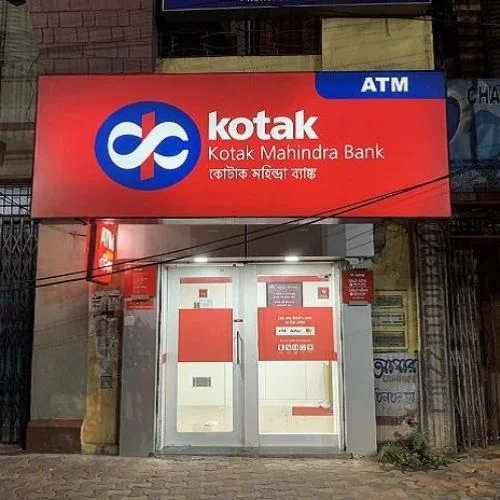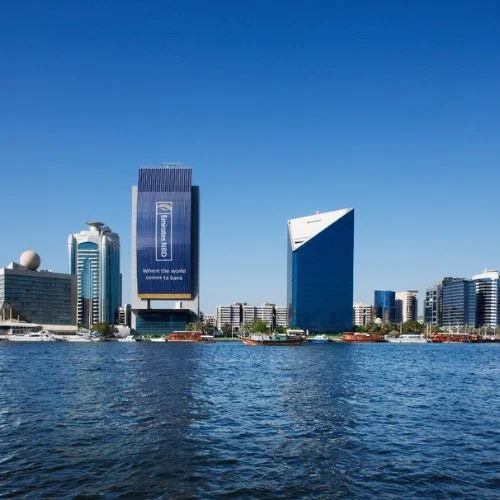The economic uncertainty in Pakistan has had a profound impact on spending during the Eid holiday, which experienced a 40% decrease in 2023, according to The Express Tribune. The amount spent during Eid in 2023 was PKR 432 billion, the lowest in a decade, and a significant decrease from the PKR 1.1 trillion spent in 2018 and even less than the PKR 480 billion spent in 2021 due to Covid restrictions.
Inflation was identified as the primary cause, with the rising cost of imported goods such as children’s clothing, which became disproportionately more expensive as a result of the rupee’s depreciation, coming under particular criticism. The local textile industry was unable to meet the demand for affordable clothing, exacerbating the problem.
Consumers engaged in retail therapy last year after two years of Covid restrictions, according to some analysts, but there was a noticeable decrease in foot traffic in shopping areas this year, as people avoided window shopping to prevent overspending on impulse purchases. However, online shopping partially compensated for the decline in sales. The decline in clothing demand was indicative of what was happening in other industries, as those who could not afford new clothes were less likely to upgrade their homes, vehicles, phones, or household items.
The jewellery industry was one of the hardest hit, with many store owners noting a decrease in walk-in customers and an increase in trade-in sales as consumers tried to reconcile their desire for new jewellery with their reduced purchasing power. Charitable donations remained relatively high as a percentage of overall spending, with wealthy and upper-middle-class Pakistanis going above and beyond to help those in need. However, charity alone will not be sufficient to sustain the country, and people who work hard should be able to benefit from their labour rather than seeing it rapidly lose value.
The Express Tribune report stated that analysts believe that consumer spending would have decreased even if the economy were not in freefall. The increase in consumer spending last year was due to retail therapy following two years of Covid restrictions. Despite the decrease in spending, charitable donations remained high, with wealthy and upper-middle-class Pakistanis going above and beyond to help those in need. However, charity alone is not enough to sustain the country, and people who work hard should be able to benefit from their labour.
The report stated that inflation was cited as the primary offender, with imported goods becoming prohibitively expensive due to the rupee’s depreciation. Children’s clothing prices rose disproportionately, exacerbating the problem. The local textile industry was unable to meet the demand for affordable clothing, contributing to the decline in clothing demand, which affected other industries as well.
The decline in foot traffic in shopping areas was due to people avoiding window shopping to prevent overspending on impulse purchases. However, online shopping partially made up for the decrease in sales.
The jewellery industry was one of the hardest hit, with many store owners noting a decline in walk-in customers and an increase in trade-in sales as consumers tried to reconcile their desire for new jewellery with their reduced purchasing power.
Charitable donations remained high as a percentage of overall spending, with wealthy and upper-middle-class Pakistanis going above and beyond to help those in need. However, charity alone is not enough to sustain the country, and people who work hard should be able to benefit from their labour without it rapidly losing value.















